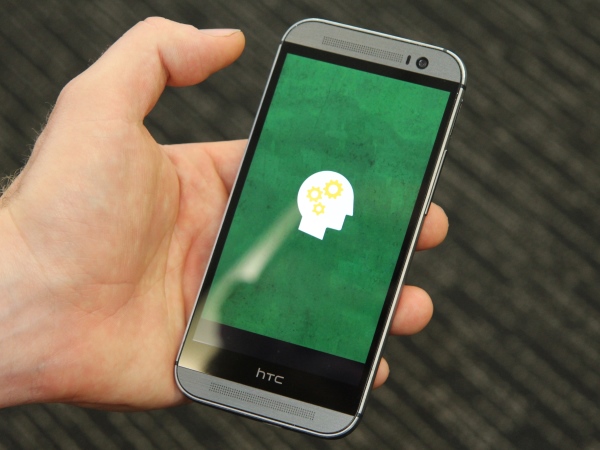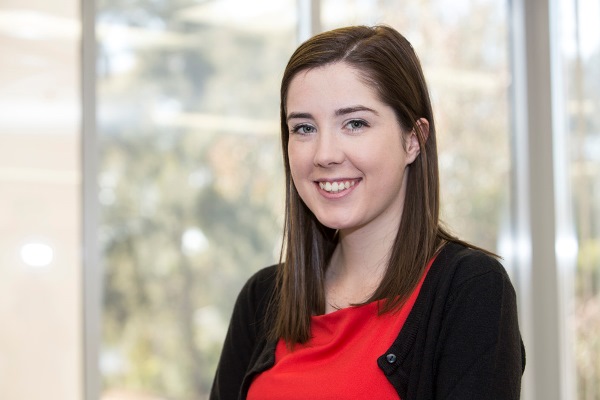Marcus Butler
28 August 2015: A popular brain-training app is being incorporated into a University of Canberra study involving people with Parkinson's disease to investigate whether such games can be used to improve cognitive performance.
Master of health by research student Hayley Teasdale has started a new collaboration with the designers of the Lumosity app, encouraging her Parkinson's study participants to spend time brain-training.
"We know that 90 per cent of people with Parkinson's will eventually experience some level of dementia, directly linked to the disease. Recent research has shown that brain-training, such as the one provided by the Lumosity app, can improve performance on a wide number of tasks in a group with mild cognitive impairment," Ms Teasdale said.
Ms Teasdale has commenced a study of balance and proprioception (the internal sense of where our body and limbs are located) among people with Parkinson's disease. With the use of the Lumosity app, she'll add information about their brain function, memory and awareness to her findings.
"Lumosity has been gathering data about other brain training users and we'll be able to access age-matched information to benchmark my study participants," she said.
"It all comes back to the theory of neuroplasticity, which suggests that the brain can change its structure and functioning in response to activity or mental experience," Ms Teasdale said. "It basically falls back to a 'use it or lose it' philosophy and I am keen to see how that works for people with Parkinson's."
The Lumosity app utilises memory, attention, flexibility, speed of processing, and problem-solving games to train the user's brain. It is available for smartphones and devices and has 70 million registered users worldwide.
"As a neuroscientist, I'm really excited to be extending my work to neuroplasticity and potentially helping more people build up their own brain functions and to stay happier and healthier for longer.
"It's a really exciting time to be in this field, it really is exploding and the knowledge accumulating now will be used to provide new, non-invasive techniques to improve and heal our brains in the future, I'm hopeful that my work will be another step along this path," Ms Teasdale said.




